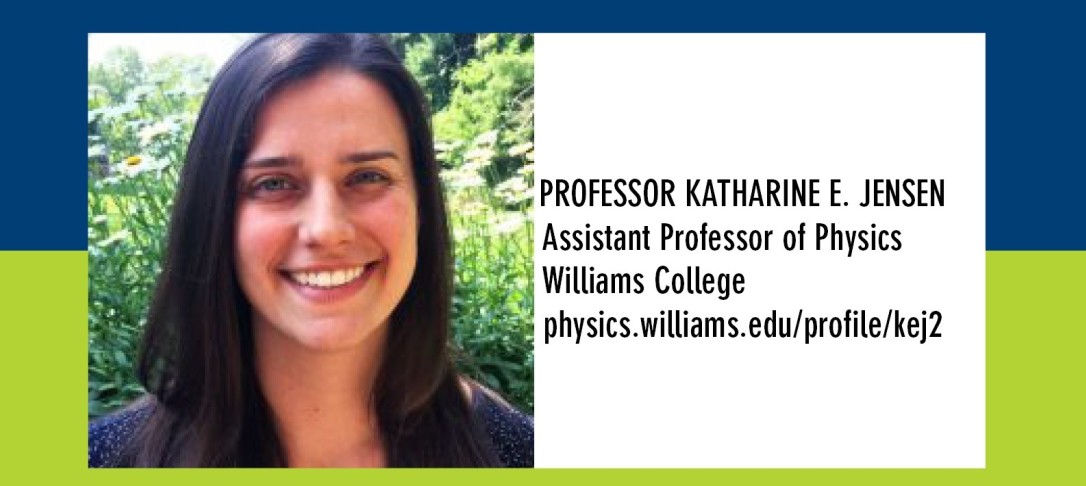
Seminar title:
Elastocapillary Adhesion
Seminar abstract:
Establishing an adhesive contact between two materials requires both that the surface energies favor the creation of interfacial area and that it is possible to form contact area given the geometry and material properties. While elasticity has long been understood to be important in determining the relative “stickiness” between non-conformal surfaces, in recent years capillarity has also emerged as playing key roles in adhesion with highly compliant materials in multiple ways. This results in counterintuitive phenomena that sometimes directly contradict the predictions of classic elastic theories. For example, recent studies have demonstrated that solid surface tension can compete with or dominate over bulk elasticity in governing contact mechanics on small length scales, and mounting evidence suggests that the internal free fluid phase of compliant polymer gels also contributes significantly to mechanical response via both poroelasticity and classic capillary wetting.
In this work, we investigate the adhesion between gel microspheres and rigid glass substrates. By varying the stiffness and size of the microspheres and directly imaging the adhered microspheres, we observe a range of adhesive contact geometries from classic elastic to quantitatively wetting-like behavior, always mediated by a phase-separated fluid contact zone.
We understand our data with a theoretical model that incorporates elasticity, capillarity, and phase separation to capture the complete range of adhesive contact behavior. Broadly, our findings potentially impact the design of any system that relies on dynamic, compliant interfaces, including soft robotics, functional soft medical implants, and commercial adhesives.
Speaker biography:
Prof. Katharine Jensen earned her A.B. in Physics at Princeton in 2004, then spent two years as a researcher at MIT Lincoln Laboratory. She completed her Ph.D. in Physics at Harvard in 2013 studying structures and defects in hard-sphere colloidal crystals and glasses. She then moved on to a postdoctoral appointment investigating soft interface mechanics that started at Yale in the Department of Mechanical Engineering and Materials Science and later moved to the Department of Materials at ETH Zürich. She is currently an Assistant Professor of Physics at Williams College, where her lab’s research focuses on the mechanics of soft and amorphous materials and interfaces.